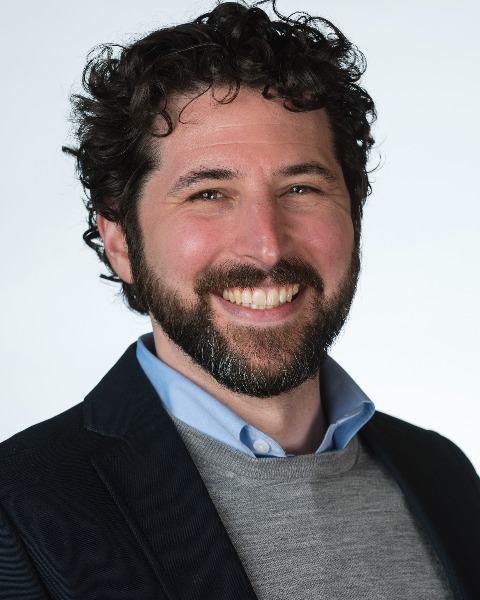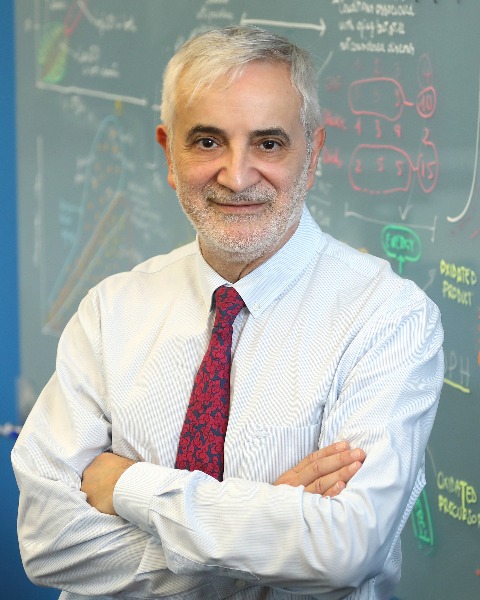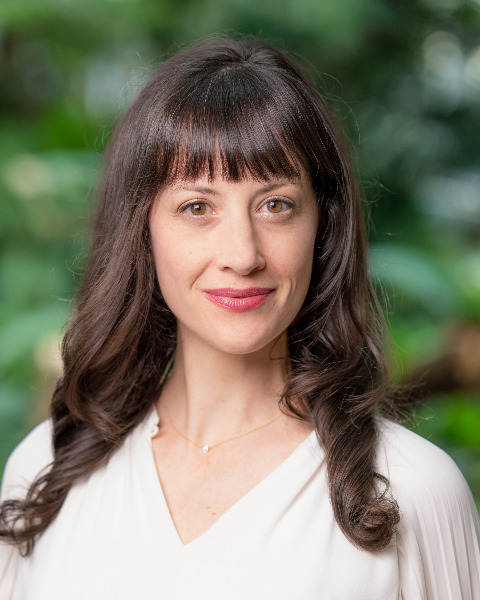Interdisciplinary
Casual Effects of Early-Life Adversity and Mid/Late-Life Behavioral Intervention on the Pace of Biological Aging
-

Daniel Belsky, PhD (he/him/his)
Associate Professor
Epidemiology & Butler Columbia Aging Center
Columbia University
New York City, New York, United States -

Luigi Ferrucci, M.D., Ph.D. (he/him/his)
Scientific Director
Office of the Scientific Director
National Institute on Aging
Baltimore, Maryland, United States -

Daniel Belsky, PhD (he/him/his)
Associate Professor
Epidemiology & Butler Columbia Aging Center
Columbia University
New York City, New York, United States -
JC
Judith Carroll, PhD (she/her/hers)
Associate Professor
Psychiatry & Biobehavioral Sciences
University of California, Los Angeles
Los Angeles, California, United States -

Lauren Schmitz, PhD (she/her/hers)
Assistant Professor
La Follette School of Public Affairs
University of Wisconsin-Madison
Madison, Wisconsin, United States -
MC
Mengling Cheng, PhD candidate (she/her/hers)
PhD candidate
Faculty of Social and Political Sciences
Swiss Centre of Expertise in Life Course Research
Lausanne, Vaud, Switzerland
Chair(s)
Discussant(s)
Individual Symposium Abstract First Author(s)
Epigenetic clocks have taken gerontology by storm. With the advent of 2nd and 3rd generation epigenetic clocks, including GrimAge and DunedinPACE, the field now has genomic biomarkers of aging that exhibit strong and consistent associations with aging-related morbidity and mortality. But the causes of variation in these powerful indices of aging-related biological changes remain poorly understood. In this symposium, we present four studies at the vanguard of research to elucidate causal drivers of 2nd and 3rd generation epigenetic clocks drawn from four disciplines. From life-course epidemiology, we present a natural-experiment study of the long-term impact of in-utero famine exposure. From economics, we present a quasi-natural experiment study of long-term impacts of early-life exposure to the Great Depression. From psychology, we present results from a randomized controlled trial (RCT) of cognitive behavioral therapy (CBT) for insomnia in older adults. And from geroscience, we present results from an RCT of long-term calorie restriction in healthy, non-obese adults (CALERIE). These studies report novel and important findings that suggest early-life adversity acts to accelerate the pace of biological aging –and— that it may be possible to slow the pace of biological aging in mid- and later-life through behavioral intervention. They also illustrate study designs and methods that can help move the field forward as costs for measurement of epigenetic clocks fall, enabling their introduction into many more cohort and intervention studies.
Learning Objectives:
- 1) Describe 2nd and 3rd generation epigenetic clocks and their application in cohort studies and randomized trials to understand the pace and progress of biological aging.
- 2) Define how early life adversity can be causally linked with late-life biological aging in natural experiment study designs and what the effects of early-life exposure to the Dutch Hunger Winter famine and the Great Depression are on the pace of biological aging.
- 3) Demonstrate knowledge of how epigenetic clocks can be integrated into randomized trials and what the effects of interventions on insomnia and calorie restriction have on the pace of biological aging.
Presentations:
-
4:30 PM - 6:00 PM ETEffect of Long-Term Caloric Restriction on the Pace of Biological Aging in Healthy Adults From the CALERIE Trial
Individual Symposium Abstract First Author: Daniel W. Belsky, PhD (he/him/his) – Columbia University
-
4:30 PM - 6:00 PM ETCognitive Behavioral Treatment of Insomnia Slows the Pace of Biological Aging: Results From an RCT in Older Adults
Individual Symposium Abstract First Author: Judith E. Carroll, PhD (she/her/hers) – University of California, Los Angeles
-
4:30 PM - 6:00 PM ETEarly-Life Exposure to the Great Depression and the Pace of Biological Aging
Individual Symposium Abstract First Author: Lauren L. Schmitz, PhD (she/her/hers) – University of Wisconsin-Madison
-
4:30 PM - 6:00 PM ETIn Utero Exposure to the Dutch Hunger Winter and the Pace of Biological Aging
Individual Symposium Abstract First Author: Mengling Cheng, PhD candidate (she/her/hers) – Swiss Centre of Expertise in Life Course Research
